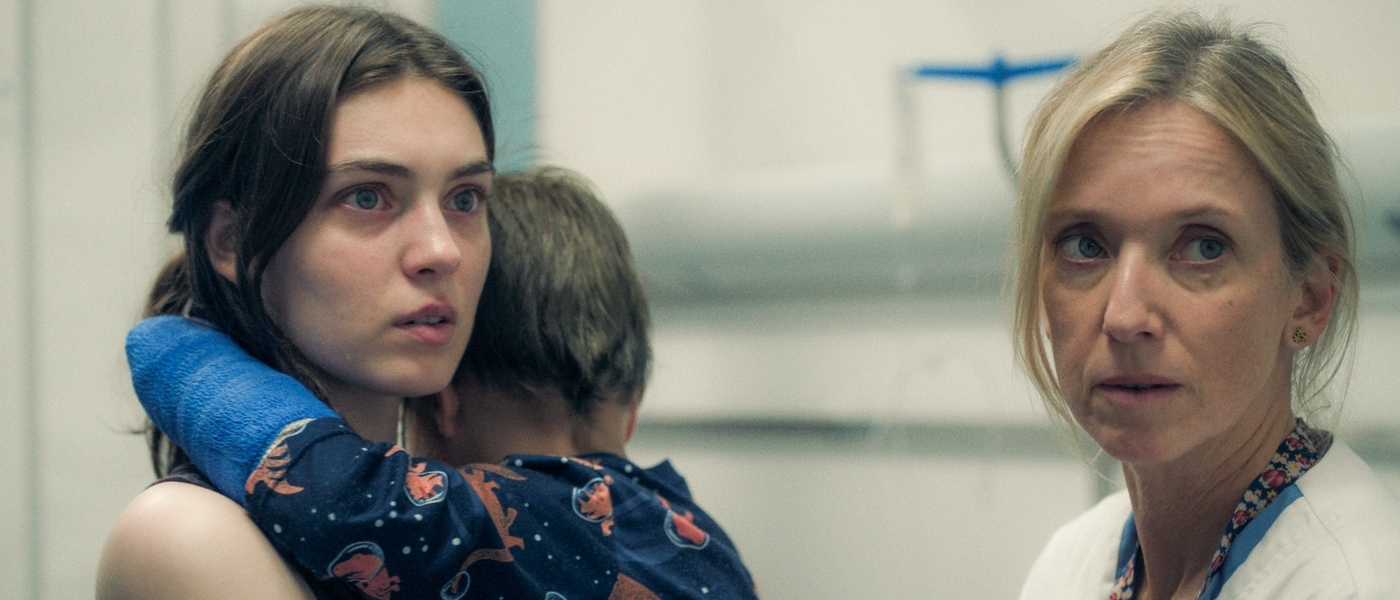Interview with Laura Wandel, Adam's sake director
By Ava Cahen

By Ava Cahen
After Playground (2021), Belgian director Laura Wendel continues her sensitive examination of children’s wellbeing and health through a complex case study that breaks through tenacious social taboos.
Interview with Laura Wandel
I felt drawn to the world of pediatrics and its hospital practice. As in my previous film, I needed to go on site to conduct research and face reality directly. Several hospitals had refused my request, before I received approval from Saint-Pierre hospital, which I visited over several weeks. I went everywhere: in all the pediatric units, the emergency room, consultations, and meetings. I also attended hearings and met with a Family Court judge who, later, read the script and provided crucial feedback.
This immersion helped me better understand how deeply intertwined the medical, social and judicial issues are, and how the wellbeing of the child is actually inextricably linked to the relationship with the parent. Taking care of a child also means taking care of the parent. That’s what Lucy - the nurse played by Léa Drucker - is trying to implement, and I do mean trying, because both hierarchy and bureaucracy constantly trip her up. I chose to adopt her point of view because I thought it relevant to see the perspective of a woman who, not being at the top of the hierarchy, is limited in her scope of action and intervention. Lucy’s state is symptomatic of the state of emergency of the medical world, which is lacking not only financial and human resources, but also space and time. Above all, what I wanted to show was how quickly a situation can spiral out of control when child abuse is at stake. Of course it’s very reassuring, but in some cases, like in that of Adam and his mother, the swiftness of court decisions can have consequences on the life of the child himself.
I drew inspiration for the character of Adam’s mother from several cases that doctors and pediatricians shared with me. I really didn't want to judge Rebecca, played by Anamaria Vartolomei, or even burden her with any sense of fatality or determinism. It would have been unfair and arbitrary. In my opinion, she is a terrified woman, subconsciously calling out for help. In a way, Lucy and Rebecca are both left behind. They are each caught in a precarious system that devours and constrains them. The film unfolds across various layers and strives to tell, through the characters and the roles they embody, the conflicts and dilemmas generated for Adam’s sake.